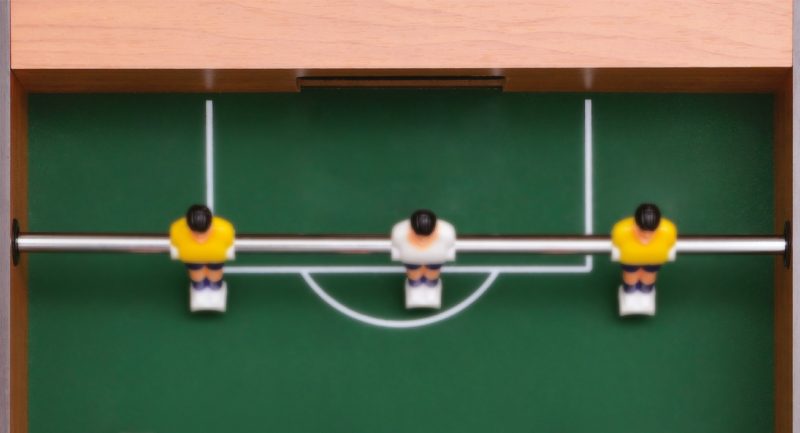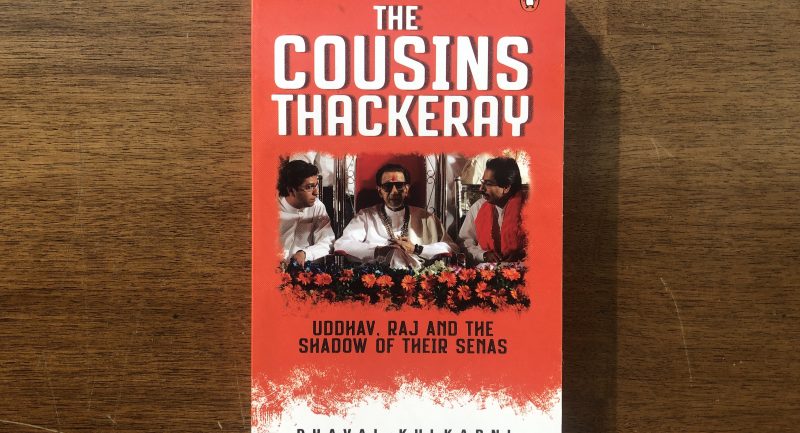
Mathangi Subramanian’s A People’s History of Heaven takes us to a thirty-year-old slum called Heaven, hidden between brand-new high-rise apartment buildings and technology incubators in contemporary Bangalore. In this close-knit community, five girls on the cusp of womanhood – a graffiti artist; a transgender Christian convert; a blind dancer; a migrant who discovers a family secret; and the queer daughter of a hijabi union leader – forge an unbreakable bond.
When the local government wants to demolish their tin shacks to build a shopping mall, the girls and their mother refuse to be erased. Here are 5 powerful lines from the book that show us the unshakeable strength of the mothers through the girls’ eyes:
‘Our houses may break, but our mothers won’t. Instead, they form a human chain, hijabs and dupattas snapping in the metallic wind, saris shimmering in the afternoon sun. Between the machines and the broken stone, our mothers blaze like carnations scattered at the feet of smashed-up goddesses.’
~
‘In our mothers’ eyes, in our eyes, it’s a war we have a chance of winning.’
~
‘When the bus pulls away, our mothers go about the business of managing a crisis. Gather blankets and soap and changes of clothes. Take turns using each other’s phones to tell their employers that they won’t be in tomorrow. Probably not the next day either. […] They are bustling and efficient, moving with a surety that surprises us.’
~
‘The first time the city tried to demolish Heaven, our mothers’ mothers and their husbands streamed out of their houses with rocks and crowbars and broken metal. A few of our mothers did too. Rushed toward the bulldozers like fire from a dragon’s mouth. Wedged open the bulldozers’ doors and pulled out the drivers.’
~
‘[Our mothers are] Angry, unforgiving goddesses, the kind with skulls around their necks and corpses beneath their feet.
The kind that protect their children.
That protect their daughters.’
Vibrant and heartwarming, A People’s History of Heaven dazzles in its depiction of female friendship amidst adversity.









